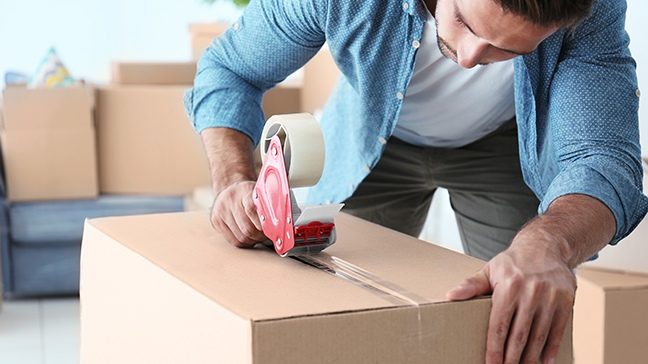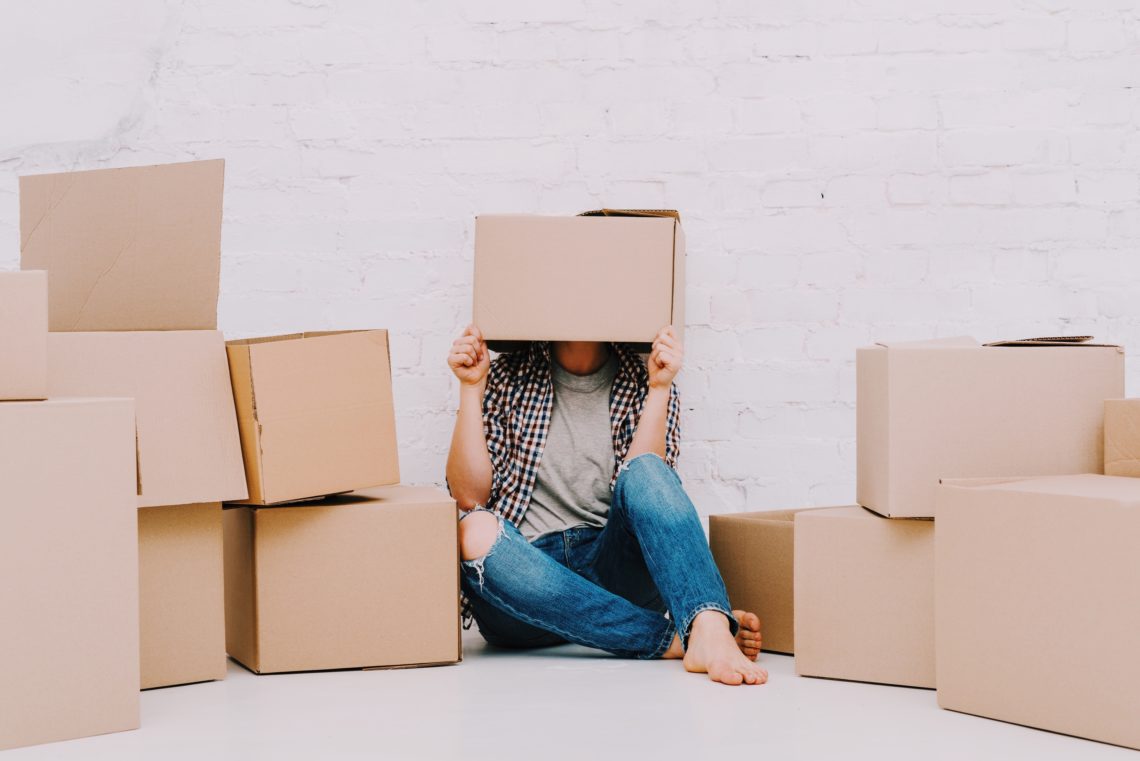When you are fresh out of college, the leap from your parents’ house or the dorms to your own apartment can seem scary and tough. When you are going to live on your own for the first time you may be filled with both anxiety and excitement about what the future may hold.
It is certainly scary and exhilarating, but everyone has to leave home at some point, and the earlier the better. In fact, it is advisable not to go back to your parents’ house after you graduate, as you may never leave. Getting out on your own will force you to be responsible and independent.
So, if it is time for you to find a nice apartment and start your life, read this article. In this review, we seek to answer the question – how much does it cost to live on your own? This is a great question to ask, especially if you are planning the move. It helps you understand what to expect, and gives you ideas on the budget you will need for this new venture. Here’s a breakdown of the expenses you need to budget for when you decide to live on your own.

Rent
This is the big one. You must always pay your rent and do so on time. If you do not pay rent, you are likely to get evicted and end up living back at home, which we do not want to see happen. So, ensure to always budget for rent, and do not touch your rent money for any other reason.
Now, depending on where you choose to live, the rent could range anywhere from a couple of hundred bucks to thousands of dollars each month. Choose an apartment that you can afford, and on that doesn’t take more than 30% of your paycheck.
Utilities
You will also have to pay for all of the utilities when you live on your own. In the past maybe you didn't have to pay them at all or you split the costs with multiple roommates. However, now the financial burden rests solely on you.
Heat
Sometimes heating is included in the amount of rent, and other times it’s not. This also depends on the type of heating you have in your apartment. If you do not have a centrally controlled heating system in the apartment building, then you may end up spending up to $100 a month depending on the equipment you have.
Water
The cost of water has risen over the years, and you may end up spending around $40 a month. This is for a one-person apartment which is obviously affordable. However, sometimes the cost of water is included in the rent, which means you do not have to pay for anything. Alternatively, if you live in a place with a lawn, you may have to pay more for lawn watering.
Electricity
Electricity must be paid. It is likely going to be the most expensive utility bill and in most cases, the cost usually is around $40 - $100. This depends on the size of the apartment, how many electric appliances you use, and how often you keep your lights, the television, the fridge and other appliances on.
Look for apartments that have fluorescent bulbs, and if they do not have them, buy them for yourself. The spiral ones are the best as they will save on the bill a little bit. Air conditioning during summertime, and heating your home during winter can also hike up the electric bill, so keep that in mind.
Gas
For older apartments, you may still be required to pay for the natural gas for your stove. However, this cost usually isn’t very high; it will likely probably be around $20 a month.
Washer & Dryer
There are apartments that come with a washer and dryer unit, but if they don’t, you will need to find a laundromat near you. Washing your clothes weekly will probably cost you around $6-$12. As such, this is something you will need to factor in your monthly costs. If you have a washer and dryer in your apartment, these costs will be reflected in your water and electric bills.
Other Expenses
- Parking or public transportation – If you own a car, you must budget for a monthly parking cost, or if you are using a taxi or the bus, you must budget for that cost as well.
- Furniture – Branching out alone means that you must buy some furniture for your new apartment, which is understandable, but be careful not to overdo it. Only buy what you need; the rest you can acquire much later when you are more established in life.
- Food – If you want to save on the cost of food, it is advisable to cook for yourself, rather than going out to restaurants which can be extremely expensive. Cooking also allows you to keep leftovers for the next day which will definitely save you plenty of money over time.
- Cleaning supplies – When you live on your own, you can no longer rely on your parents or the university cleaning services to clean up after you. Unless you want to hire an expensive cleaner, you will need to buy the products and clean your own space. Thus, these products should be factored in your living costs.

Conclusion
The ultimate cost to live on your own can vary greatly. It largely depends on your own lifestyle and household habits. In addition to the costs mentioned above, you may also need to consider the costs of maintenance, TV subscriptions, WIFI, and other wants or needs you may have. The total amount you should budget per week is something you will have to determine based on the area you live in and the kind of space you would like to rent out.




